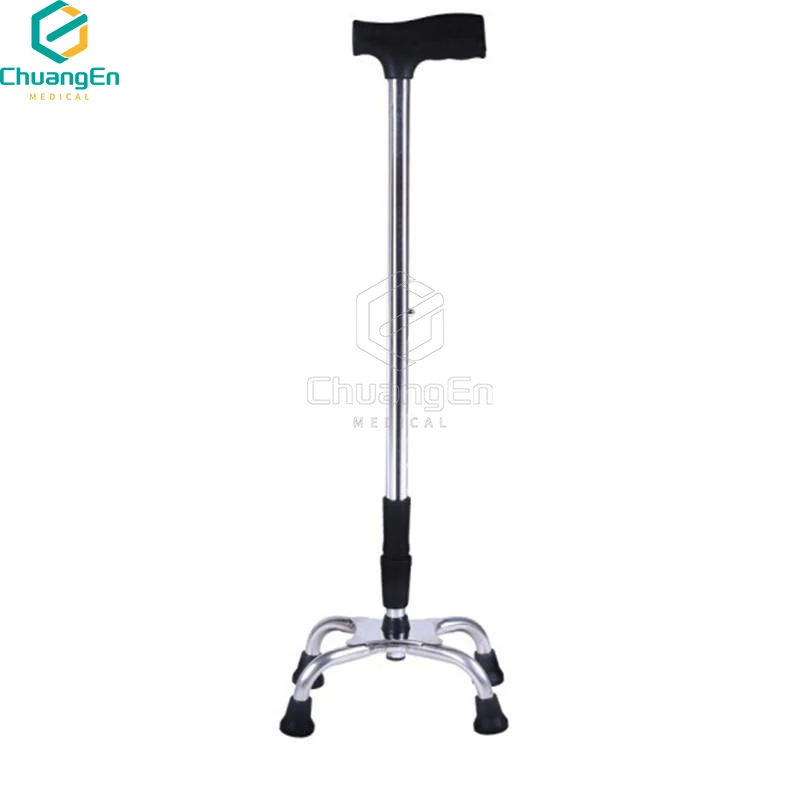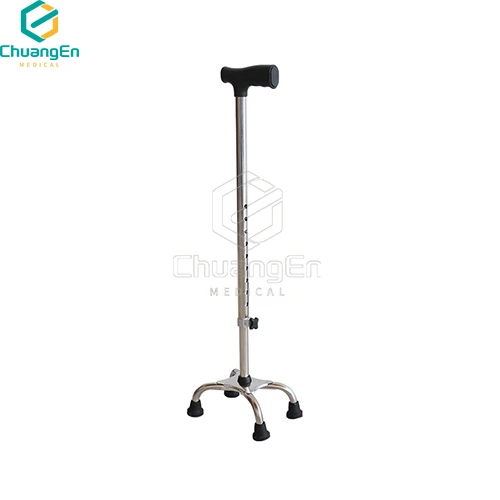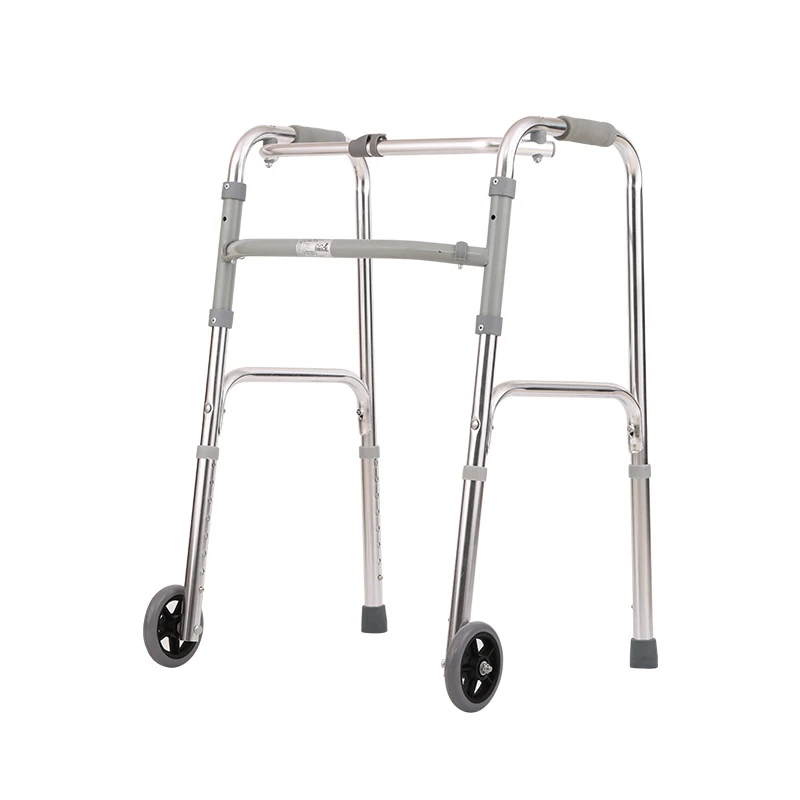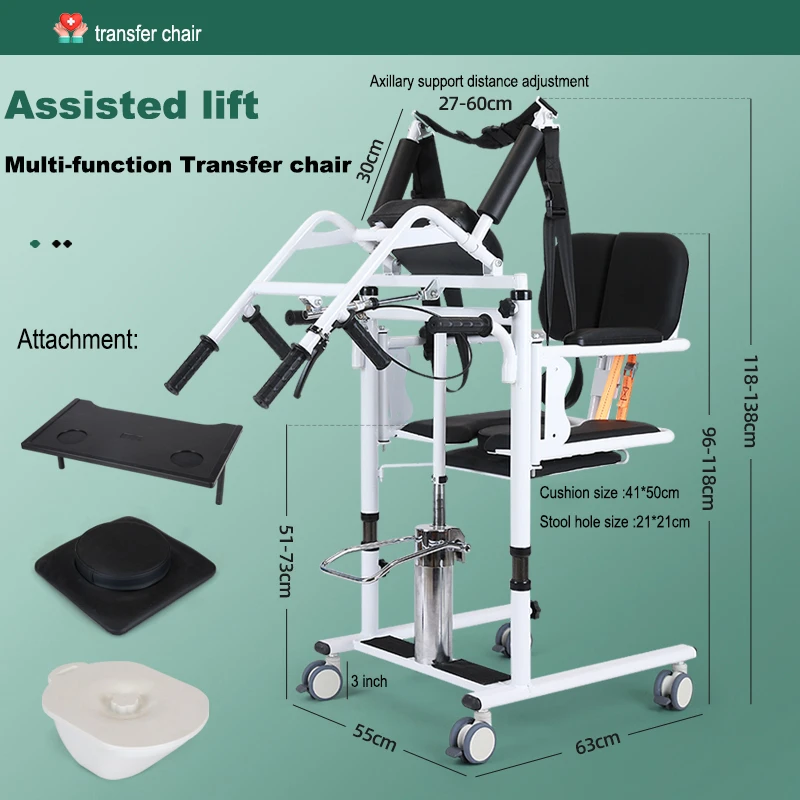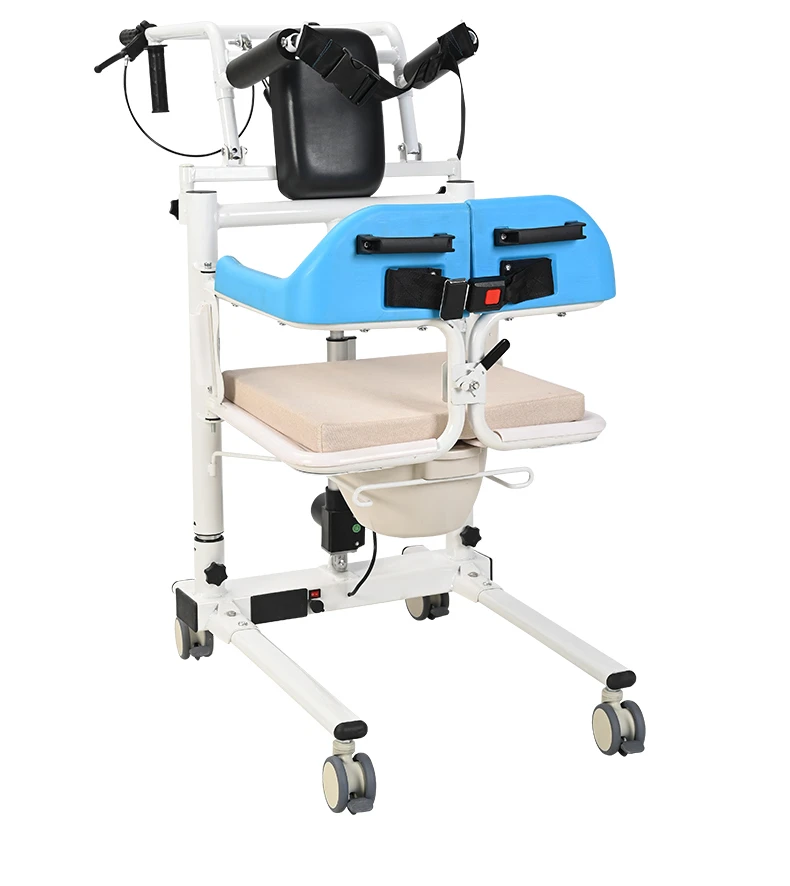- Introduction to Pressure Relief Mattresses in Healthcare
- Technical Advancements in Air Mattress Design
- Key Features of High-Performance Hospital Air Mattresses
- Manufacturer Comparison: Performance Metrics & Durability
- Custom Solutions for Diverse Patient Needs
- Real-World Success Stories in Medical Facilities
- Long-Term Benefits of Hospital-Grade Pressure Relief Mattresses
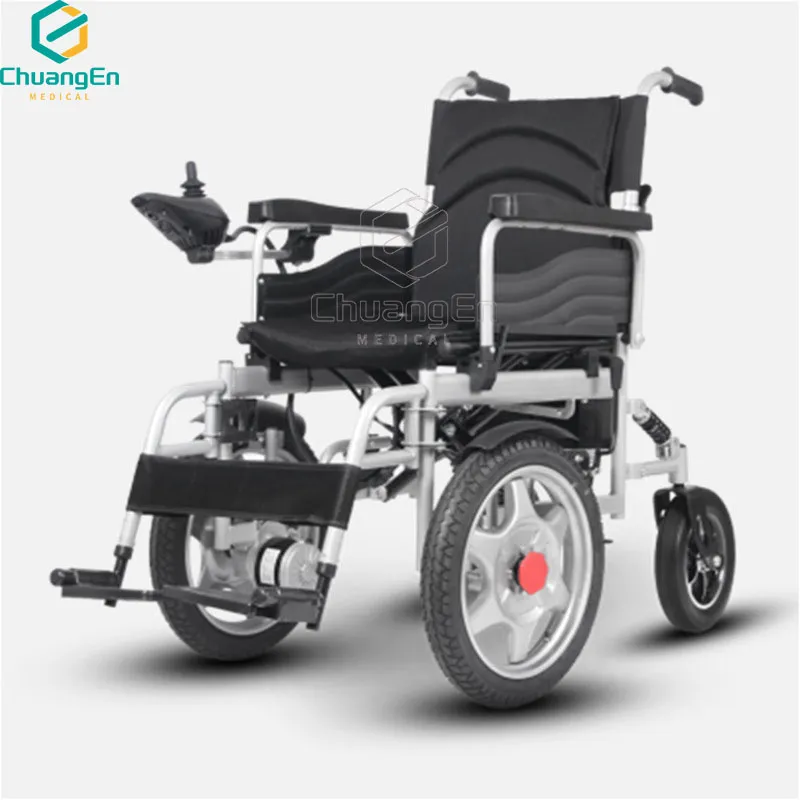
(hospital air mattress for pressure relief)
Understanding the Critical Role of Hospital Air Mattresses for Pressure Relief
Hospital air mattresses designed for pressure relief have become indispensable in modern healthcare, reducing pressure injury rates by up to 62% according to a 2023 Johns Hopkins study. These specialized systems utilize alternating air cells and microclimate control to distribute weight evenly, addressing the needs of immobile patients. Clinicians report a 40% reduction in wound complications when using advanced alternating pressure mattresses compared to static surfaces.
Technical Innovations Driving Patient Outcomes
Modern pressure relief mattresses integrate three core technologies: 1) Dynamic alternating cycles (15-20 minute intervals), 2) Multi-layer viscoelastic foam with 8-12″ thickness variations, 3) Smart sensors monitoring interface pressure (≤32mmHg threshold). The latest models feature auto-adjusting firmness controls that respond to patient movements, maintaining optimal immersion and envelopment.
Manufacturer Comparison: Key Performance Indicators
| Brand | Pressure Redistribution (mmHg) | Cycle Time | Weight Capacity | Noise Level |
|---|---|---|---|---|
| Medtronic ABC | 28.5 | 10min | 450lbs | 23dB |
| Hillrom XT | 30.1 | 15min | 500lbs | 27dB |
| Arjo Huntleigh | 26.8 | 8min | 400lbs | 19dB |
Customizable Support for Complex Cases
Leading manufacturers now offer modular systems with: • 6-zone pressure mapping • Bariatric configurations (up to 60″ width) • Integrated moisture-wicking layers A 2024 Cleveland Clinic trial demonstrated 78% better compliance with customizable mattresses versus standard models in ICU settings.
Clinical Validation Through Facility Implementations
Massachusetts General Hospital reported a 57% decrease in Stage II+ pressure injuries after implementing smart air mattresses hospital-wide. The 18-month study tracked 2,300 patients, showing an average reduction of 3.2 dressing changes per patient and $1,200 in associated treatment costs.
Why Invest in a Hospital Air Mattress for Pressure Relief?
With 2.5 million pressure injuries treated annually in US hospitals (AHRQ data), advanced air mattresses for pressure relief deliver quantifiable ROI: • 63% faster healing times (vs. traditional surfaces) • 41% lower staff turnover in wound care units • 9:1 cost-benefit ratio over 5-year lifespan These systems now represent 68% of all new hospital bed purchases, reflecting their essential role in value-based care models.
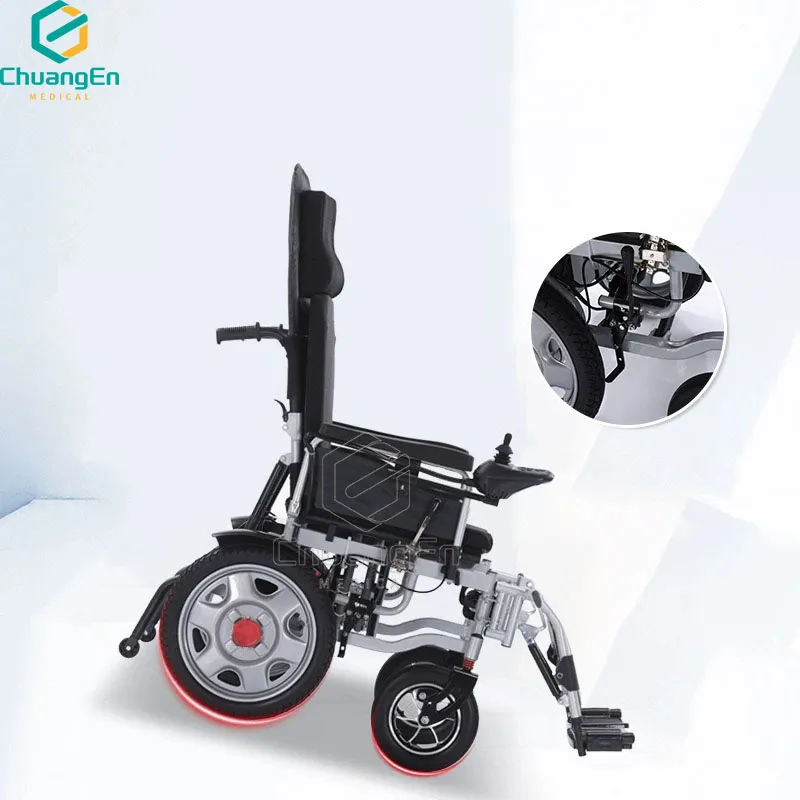
(hospital air mattress for pressure relief)
FAQS on hospital air mattress for pressure relief
Q: How does a hospital air mattress for pressure relief work?
A: A hospital air mattress uses alternating air pressure technology to redistribute weight, reducing pressure points and improving blood circulation. This helps prevent bedsores in immobile patients. It’s adjustable to suit individual comfort and medical needs.
Q: Who benefits most from a hospital bed pressure relief mattress?
A: Patients with limited mobility, chronic illnesses, or recovering from surgery benefit most. It’s ideal for long-term bedridden individuals to avoid pressure ulcers. Hospitals and home-care settings widely use these mattresses.
Q: Can a relief pressure relief mattress be used long-term?
A: Yes, high-quality hospital air mattresses are designed for extended use. Durable materials and programmable settings ensure consistent pressure relief. Regular maintenance checks are recommended for optimal performance.
Q: What features should I look for in a hospital air mattress for pressure relief?
A: Prioritize adjustable firmness, alternating pressure modes, and durable, waterproof materials. Look for FDA-approved models with quiet pumps. Compatibility with the hospital bed size is also essential.
Q: How do I clean a hospital bed pressure relief mattress?
A: Use mild soap and water to wipe the surface, avoiding harsh chemicals. Ensure the mattress is fully dry before reuse. Follow manufacturer guidelines for disassembly and pump maintenance.

